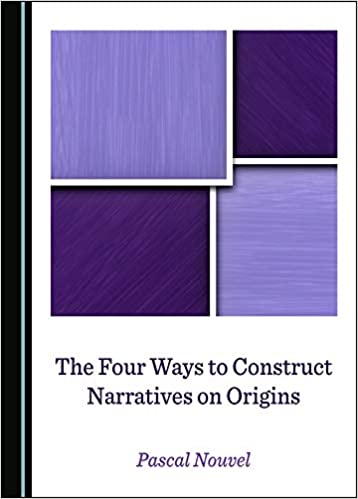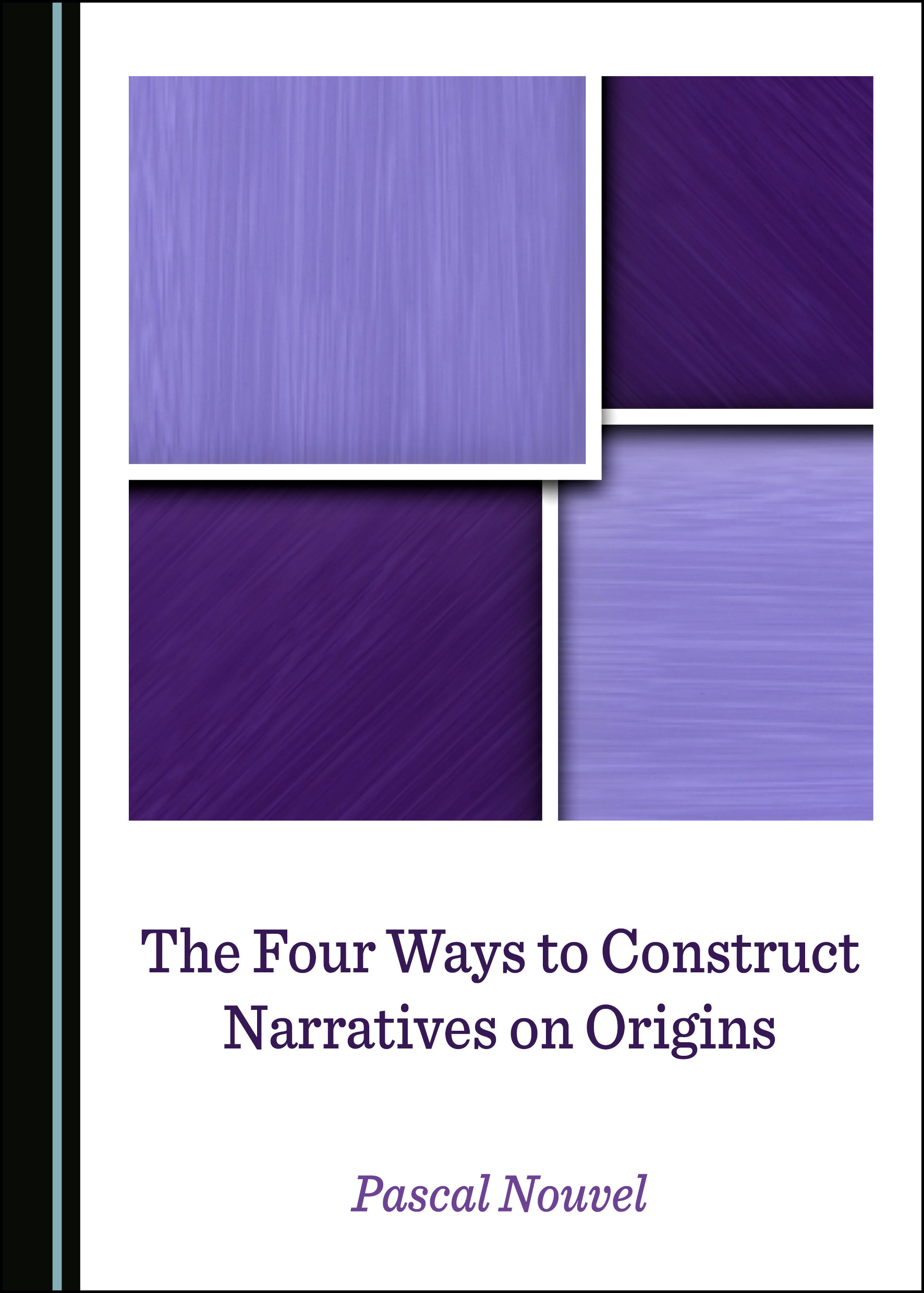The four way to construct narratives on origins

The book proposes an originology, an investigation into the discourses on origins. This leads to the identification of four different types of discourses on origins: the mythical discourses (biblical Genesis or Hesiod’s Theogony, for example); the rational discourses (which either delve deeper or, on the contrary, attempt to disqualify the question of origins); the scientific discourses (of the Universe, of the Earth, of life, of man as seen by the sciences); and, finally, the phenomenological discourses (which, since Husserl, propose a completely new way of entering into the question of origins). The various ways in which one can talk about origins, without exclusivity and without giving preference to any of these discourses, are examined here. The book shows that each of these discourses has a singular structure: In order to this, it defines ascending and descending types of discourse, and demonstrates that scientific discourses are ascending; mythical ones are descending; rational ones are both ascending and descending; and finally, phenomenological ones are neither ascending nor descending. It also shows that scientific discourses on origins did not themselves originate at the time of the scientific revolution, but much later, in the 19th century with Darwin. It is biology that will pave the way to physics when it turns to discourses on origins, not the other way around.


